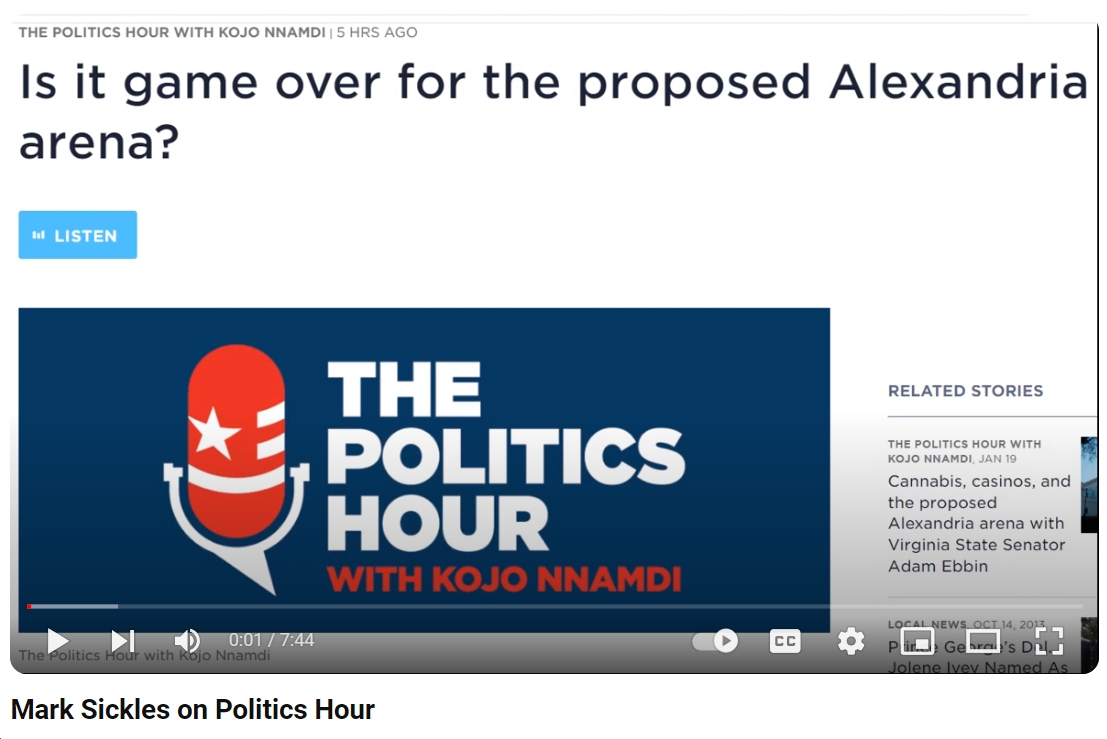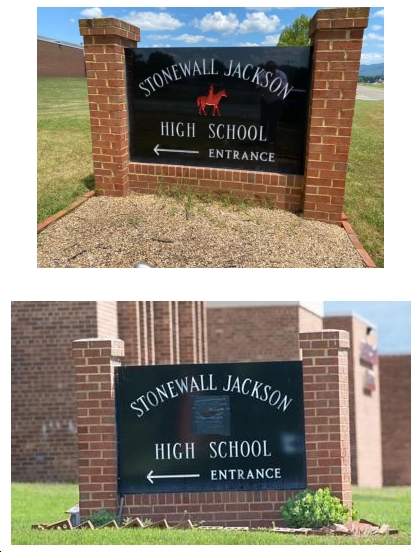Cross posted with permission from Charlottesville attorney and Democrat Lloyd Snook. This analysis very closely parallels my own regarding these two constitutional amendments. – Lowell
Folks have asked me for my opinion on Virginia’s two constitutional amendments on the ballot this year. Both deal with giving localities the power to allow exemptions from property taxes under certain circumstances.
Before discussing the two proposals in particular, let me get philosophical.
Virginia law has a stated goal of uniform property taxation — that property should be taxed based on its fair market value. Every few years some group comes to the General Assembly and requests an exemption, and that exemption has to be written into the Constitution by amendment.
I generally oppose these amendments, because I see them as gradually chipping away at the idea that we all should pay taxes for our civilization, and because constitutional amendments should be about important things, not tweaks, and these constitutional amendments are tweaks. So my tendency is to vote “No” on these tax breaks.
More philosophy — tax breaks can be justified either because they reduce a burden on someone who is destitute and who really can’t afford the taxes, or as an incentive to (or removal of a disincentive to) take certain actions. It is useful to remember why a particular tax break is being sought.
The first proposed amendment affects people who own property located in low-lying areas that are prone to flooding.
“The General Assembly may by general law authorize the governing body of any county, city, or town to provide for a partial exemption from local real property taxation, within such restrictions and upon such conditions as may be prescribed, of improved real estate subject to recurrent flooding upon which flooding abatement, mitigation, or resiliency efforts have been undertaken.”
To see what that means, suppose you own property that is subject to recurrent flooding, either because it is built in the flood plain or because it is built on a beach in Tidewater that is flooding from tidal surges or storms. Your property is probably reduced in value because of that. But suppose you build a dike, or you put your house up on stilts, or divert the water away from your house in some way. Such measures can be expensive, but they may bring the value of your house back up. This amendment would allow a local jurisdiction to say, “we’ll give you a tax break if you make these improvements.”
The bill’s chief sponsor is Senator Lynwood Lewis, who represents the Eastern Shore, Mathews County on the Middle Neck, and some precincts in Norfolk — all areas that are going to be subject to rising sea levels.
The Fredericksburg Free Lance-Star opposes the amendment because it amounts to a form of publicly provided flood insurance to people who for whatever reason have decided that they don’t want to buy private flood insurance — “Given that waterfront property generally commands higher prices on the real estate market than similar properties located inland, approving this amendment would in effect provide a kind of flood insurance that is paid for by people who do not own, or cannot afford, waterfront property themselves. Besides being unfair, such a tax exemption would encourage even more building in flood-prone areas by lessening the financial risks of doing so.”
Other folks oppose it on environmental grounds — by seeking to make it cheaper to live on low-lying land, we encourage, or facilitate, development in areas where we don’t want more development; by rewarding people for building dikes and seawalls and other means to keep water off their property, we encourage the building of structures to divert water onto neighboring properties, probably making the problem worse for the neighbor; and in the long run, we probably want those people to move off of low-lying land, not prop them up.
I oppose the first proposed amendment.
The second proposed amendment builds on two earlier amendments — it takes a property tax break given to disabled vets and extends it to their surviving spouses. So if the disabled vet qualified for a property tax exemption, and then he dies, his wife can continue to enjoy the benefit of the tax exemption. If you accept the original premise of the tax break — that disabled vets and their families need a tax break because they have a lot of financial difficulties — that premise continues to apply, and probably more strongly, after the disabled vet dies. I opposed the tax breaks to disabled vets in the first place, because property tax relief is not a very effective way to help someone like a disabled vet. But we’ve got it, so it probably makes sense to extend it slightly to the spouses of disabled vets.
I tepidly support the second proposed amendment.
















